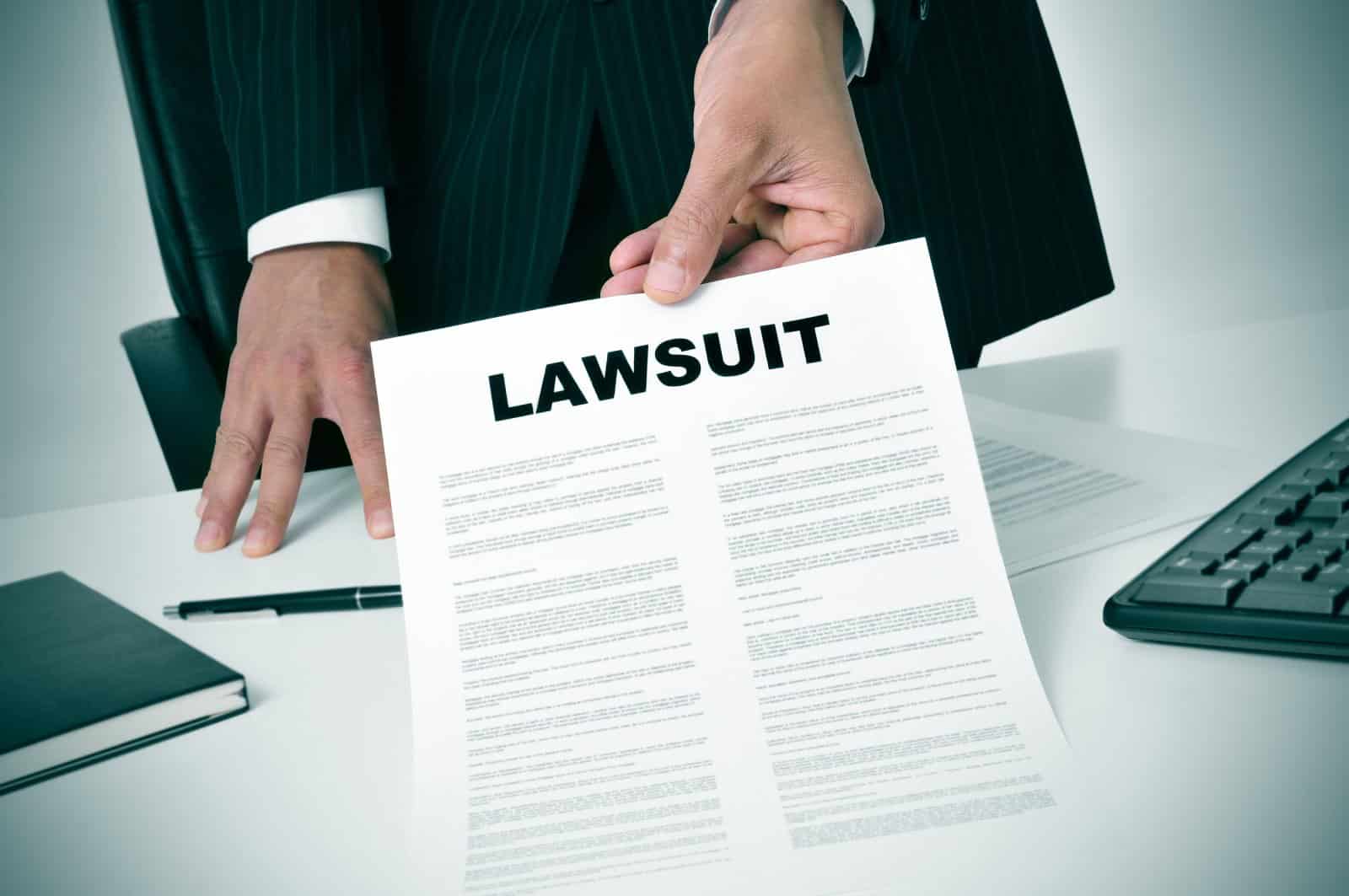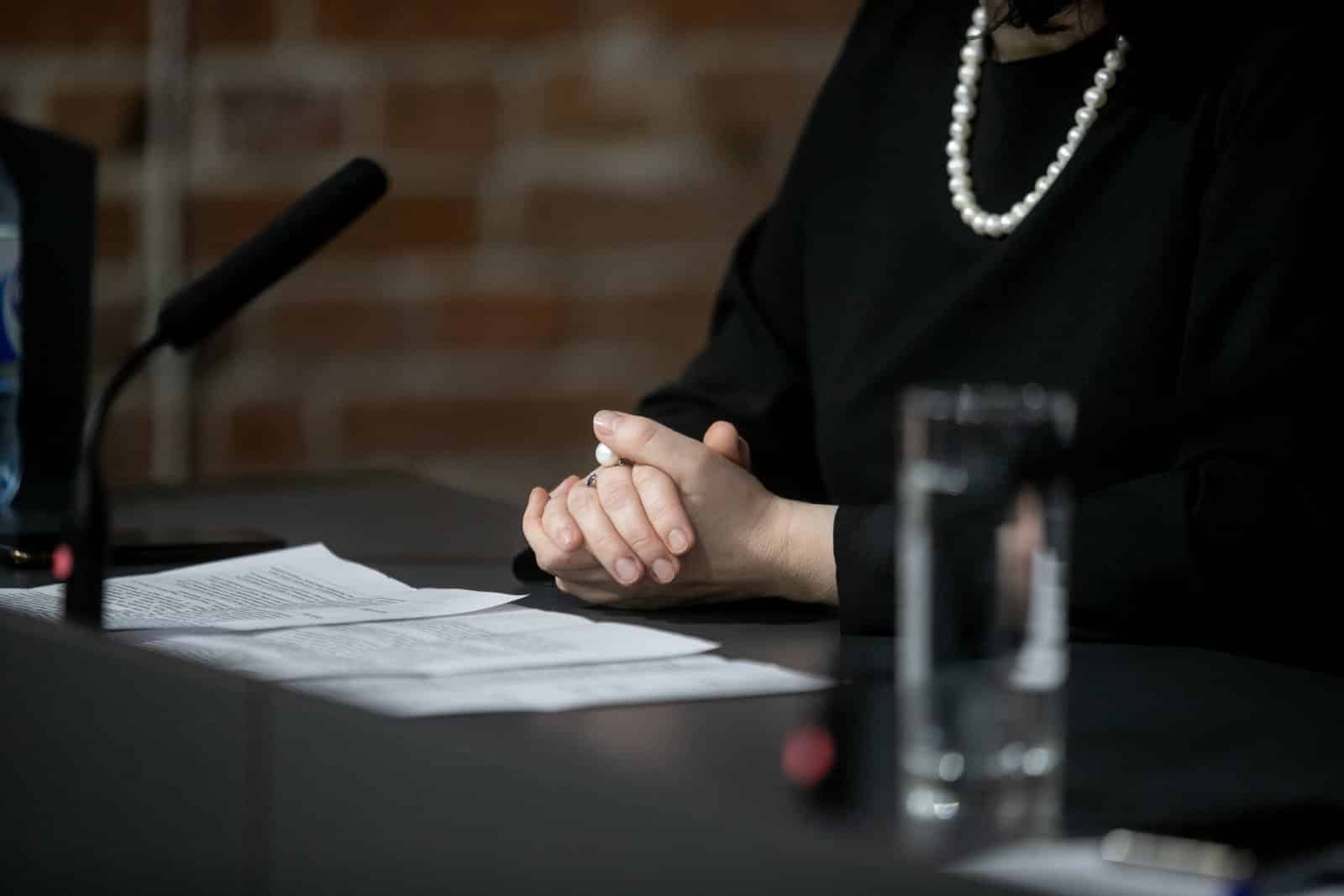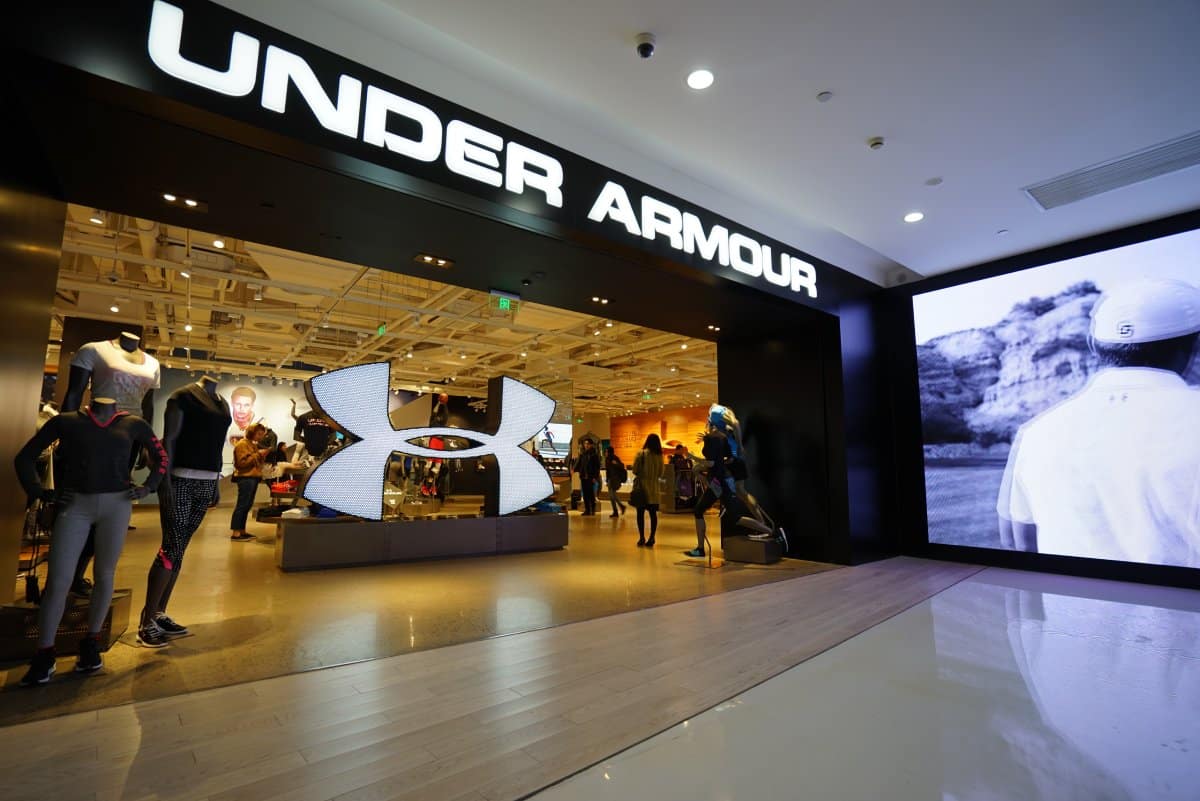After seven years of legal disputes, sports apparel brand Under Armour has proposed a large settlement to a case brought against them by shareholders.
Under Armour Settlement

US sportswear company Under Armour has agreed to pay a staggering $434 million to settle a class action lawsuit against the company, according to an announcement on Friday.
Accused of Defrauding Shareholders

In 2017 shareholders accused the company of defrauding shareholders by making misleading, and even false, statements about the company’s financial prospects and revenue growth.
Losses for Shareholders

According to plaintiffs, the misleading information given by Under Armour co-founder Kevin Plank led to significant losses for shareholders.
Filed in 2017

The class-action lawsuit was focused on securities fraud and filed in the U.S. District Court in Baltimore in 2017 on behalf of all shareholders who traded in Under Armour shares at any time between Sept. 15, 2015, and Nov. 1, 2019.
A Failure to Disclose Information

It claimed that Plank, including other executives and senior managers, had “failed to disclose that Under Armour’s revenue and profit margins would not be able to withstand the heavy promotions, high inventory levels and ripple effects of numerous department store closures and bankruptcy of The Sports Authority.”
Federal Investigation Launched

It then led to a federal investigation by the Securities and Exchange Commission (SEC) to ascertain whether the company had shifted $408 million worth of sales orders from quarter to quarter to hide declining growth.
6 Years of Growth Before Changes

For 26 quarters the company reported minimum growth of 20%, which came to an end in 2016, when the company reported it had missed sales targets for the first time in 6 years, which was when the sales tactics began.
Other Quarterly Tactics

It was also accused of pressuring retailers to accept Under Armor products early, as well as sending goods to off-price chains to secure more sales at the end of a quarter.
Not Approved Yet

The settlement has yet to be approved by the court, but if approved it will avert the trial scheduled for July 15 in Baltimore federal court.
Still Denying the Allegations

Despite filing to settle the lawsuit, the Baltimore company has still denied the allegations and maintains that a settlement is not an admission of any wrongdoing.
They Believe It Was Appropriate

“We firmly believe that our sales practices, accounting practices, and disclosures were appropriate, and deny any wrongdoing in this case,” said Mehri Shadman, the company’s chief legal officer and corporate secretary.
Voiding Costs and RIsks

Instead, the company has entered into a settlement to avoid “the costs and risks inherent in litigation.” The settlement would conclusively resolve all shareholder claims involved in the case.
7-Year-Long Dispute

It will also allow the company to focus on current priorities, as it has been embroiled in the case for more than 7 years. Under Armour is currently undergoing restructuring to revitalize the brand for the first time since 2017.
Moving Past the Matter

“Today’s announcement allows us to move past this more than seven-year-old matter so we can avoid the ongoing distraction of litigation and provide certainty to the business at a time when we are executing on important strategic priorities,” said Shadman.
An “Important Win”

The plaintiffs will likely be satisfied with the proposed settlement, which was described as an “important win” by Mark Solomon, the lead counsel for the shareholders and partner at Robbins Geller Rudman & Dowd.
“A Significant Recovery for Investors”

“Our client was determined to secure meaningful accountability on behalf of injured investors,” said Sam S. Sheldon, a trial team member at Robbins Geller. “Although the case was a battle at every step, we are glad to have helped secure a significant recovery for investors.”
A Separate Settlement in 2017

Under Armour also settled with the SEC back in 2021, paying $9 million to close a separate case that alleged that it had misled investors about the company’s growth.
Keeping Positions Separate

As part of the agreement, it will also keep the positions of chief executive and chairman separate for three years. In May Mohamed El-Erian was appointed as the new chairman, and Plan returned to the position of CEO in April after stepping down in 2019.
Pulling From Reserves and Credit Facilities

The company plans to pay the $434 million fine by pulling from its reserves of cash and cash equivalents, which were placed at approximately $859 million as of March 31, as well as its $1.1 billion revolving credit facility.
Optimistic Predictions

Under Armour anticipates closing the 2025 fiscal year with $500 million in cash and no outstanding payments once the settlement has been paid off.
Remote No More: 19 Companies Returning to the Office

As the pandemic wanes, companies are recalling remote workers back to the office, sparking debates on fairness, costs, and convenience. However, there are also notable productivity, coworking, and mental health benefits to consider. Feeling the effects of these changes? Remote No More: 19 Companies Returning to the Office
8 Costco Must Buys and 8 to Leave Behind

Ever wandered Costco’s aisles, questioning if that giant jar of pickles is a real bargain? Or debated buying tires where you get your rotisserie chicken? Welcome to the definitive guide to Costco shopping—a journey to save money, prevent regrets, and offer quirky insights into bulk buying. 8 Costco Must Buys and 8 to Leave Behind
23 Reasons Texas Is the Next Big Thing

Texas is becoming a beacon of opportunity, blending cultural heritage with economic growth. From its landscapes to its industries, the Lone Star State offers a dynamic lifestyle. Here are 23 reasons why Texas stands out, attracting entrepreneurs, artists, tech professionals, and families seeking new beginnings. 23 Reasons Texas Is the Next Big Thing
The post Under Armour Pays Half a Billion to Settle Class-Action Lawsuit first appeared on Liberty & Wealth.
Featured Image Credit: Shutterstock / August_0802.
The content of this article is for informational purposes only and does not constitute or replace professional financial advice.

